 News & Events
News & Events
 PHIRDA
PHIRDA  2025.07.09
2025.07.09
 570
570
To further advance pragmatic cooperation in the healthcare and pharmaceutical sectors between China and the United Arab Emirates (UAE), the China-UAE Roundtable on Pharmaceutical Innovation and Collaboration was successfully convened on June 26, 2025, in Shanghai. The meeting was co-hosted by the China Pharmaceutical Innovation and Research Development Association (PhIRDA), the Embassy of the UAE in China, and the Consulate General of the UAE in Shanghai.
The meeting focused on key areas such as innovative drug R&D, regulatory alignment, clinical research collaboration, overseas technology expansion, and localized manufacturing. It aimed to provide a high-level dialogue platform for both countries to strengthen cooperation in pharmaceutical policy, regulatory frameworks, and industrial practices. The meeting was moderated by Ms. LU Xiaoti, Deputy Secretary-General of PhIRDA.
Ms. FENG Lan, Vice President of PhIRDA, warmly welcomed the UAE delegation led by Ms. Fatima Al Kaabi, Director General of the Emirates Drug Establishment (EDE). She noted that as China-UAE relations continue to deepen, healthcare has become an increasingly important area of bilateral cooperation. This meeting, held at a time of growing interest in joint efforts across regulatory systems, clinical research, and industrial integration, holds strategic importance. PhIRDA, as a key advocate for reform in China’s drug regulatory system and innovation policy, has long been committed to optimizing industrial structure and fostering an enabling innovation ecosystem. With a member network spanning the full pharmaceutical innovation chain, PhIRDA actively promotes international exchange, policy alignment, and participation in global rule-making to support the globalization of Chinese pharmaceutical enterprises. Given the UAE’s strategic position in the Middle East and its open, investor-friendly policy environment, it presents significant opportunities for Chinese companies. Ms. FENG Lan expressed hope that both sides would establish deeper cooperation mechanisms in investment, R&D, regulatory approval, and clinical development, accelerating the entry of Chinese pharmaceutical innovations into the UAE and broader MENA markets, and delivering accessible and sustainable health solutions globally.
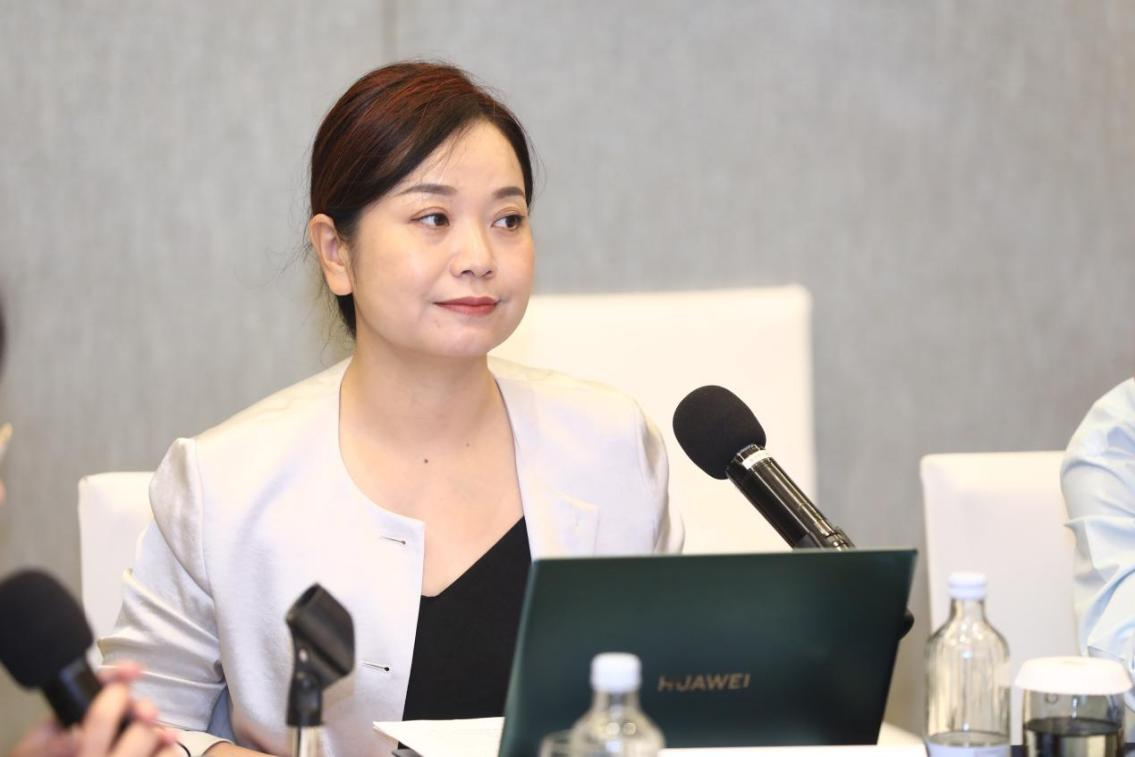
Ms. FENG Lan delivered the keynote speech
Ms. Fatima Al Kaabi commended the achievements of China’s pharmaceutical industry and recognized PhIRDA’s critical role in its internationalization. She shared that the UAE is currently establishing a national centralized regulatory system to address historical fragmentation and to fully align with international standards such as those set by the WHO. The unified regulatory framework rests on four core pillars: international harmonization of standards, agile mechanisms to support emerging technologies and therapies, pharmaceutical security through global cooperation, and sustainable market entry via reimbursement, long-term procurement, and pricing systems. Ms. Fatima emphasized the UAE’s ambition to become a regional hub for pharmaceutical innovation and exports, moving beyond traditional Western-centric models to embrace a more inclusive, coordinated, and globally adaptive regulatory path. She reiterated the UAE’s commitment to deepening strategic engagement with China, especially in areas such as regulatory alignment, clinical collaboration, and innovation transformation, with the goal of building a trusted, open, and high-efficiency global pharmaceutical innovation ecosystem.
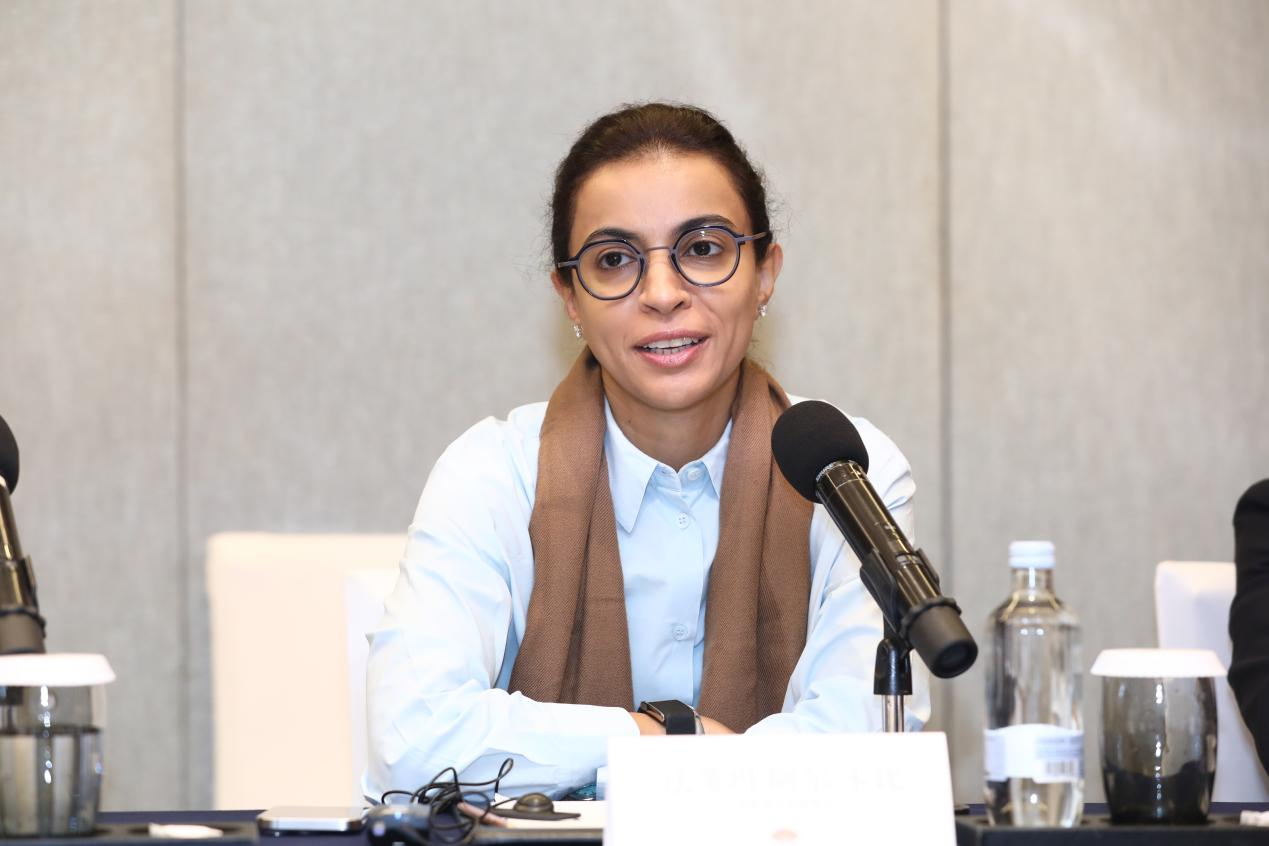
Ms. Fatima Al Kaabi delivered the keynote speech
H.E. Muhannad Alnaqbi, Consul General of the UAE in Shanghai, highlighted the UAE's efforts to streamline drug review and approval procedures and support market access for innovative therapies. As a key regional hub for multinational pharmaceutical investment across the Middle East and Africa, the UAE welcomes Chinese enterprises to pursue registration, manufacturing, and research collaboration, fostering long-term and sustainable partnerships.
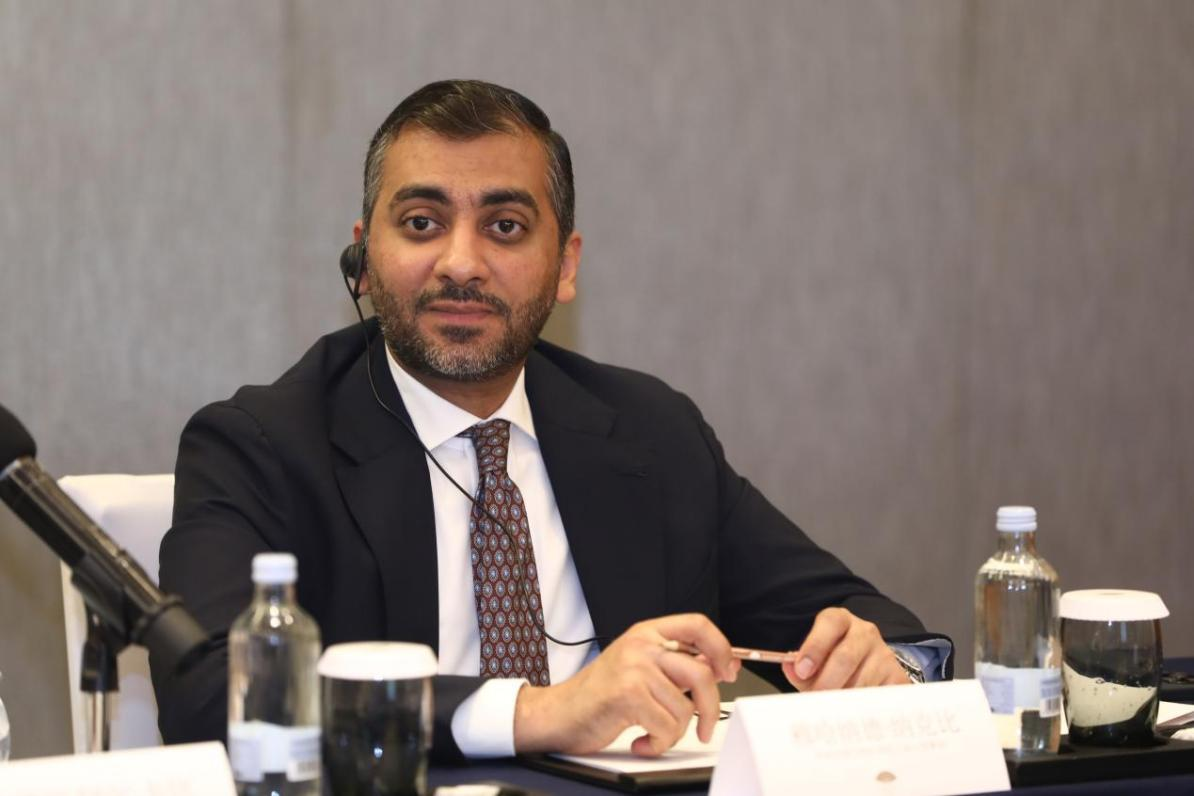
Remarks by H.E. Muhannad Alnaqbi
In the enterprise engagement session, Ms. Fatima and the EDE team held in-depth discussions with representatives from nearly 20 Chinese pharmaceutical companies, industrial parks, and technical service providers. Topics included data acceptance mechanisms for Chinese clinical trials, key registration milestones, selection criteria for clinical partners, and regulatory pathways for advanced therapies such as gene and cell therapies. Several Chinese companies expressed initial interest in establishing R&D or manufacturing bases in the UAE and sought information on investment incentives and government liaison mechanisms. Ms. Fatima responded positively, noting that the UAE will establish dedicated service channels and one-on-one coordination platforms to provide tailored support, fostering tangible progress in bilateral pharmaceutical cooperation.
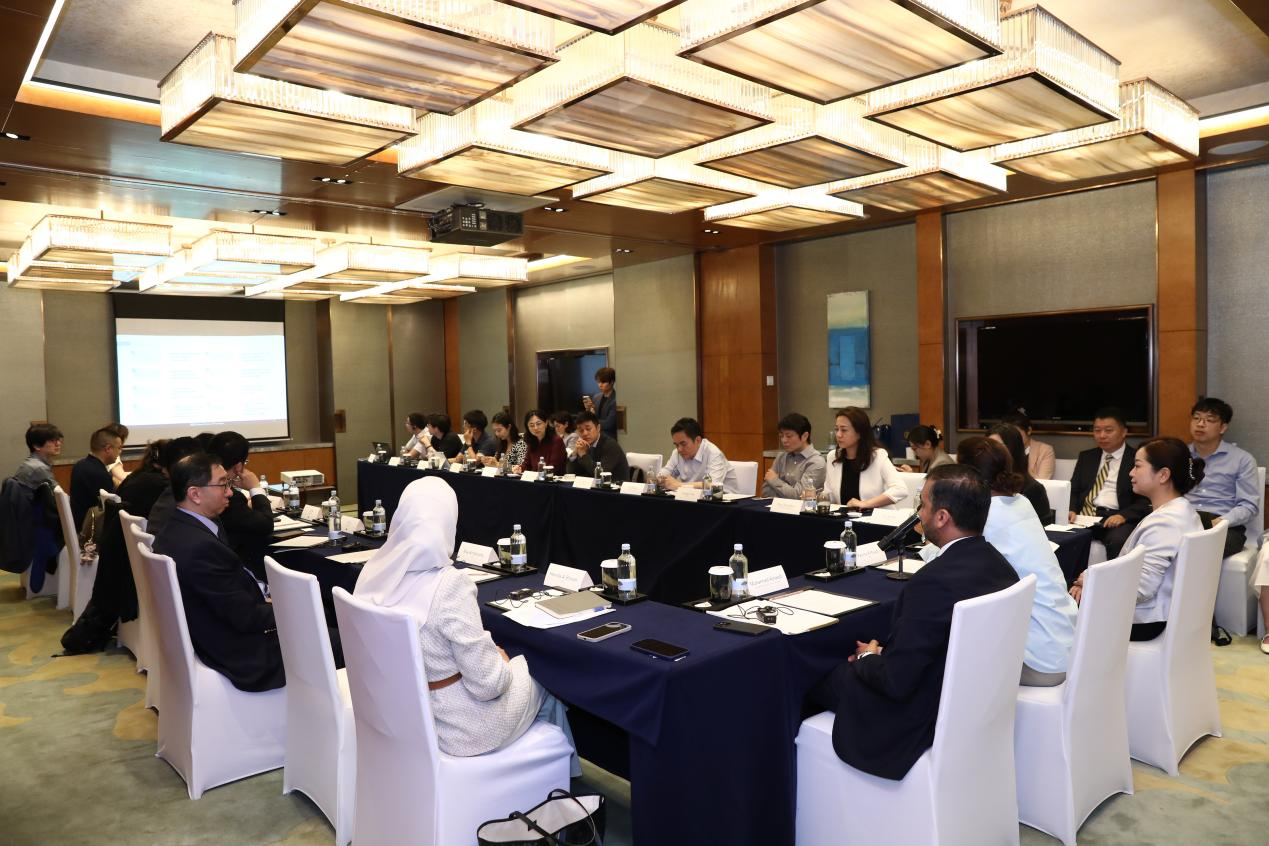
Meeting
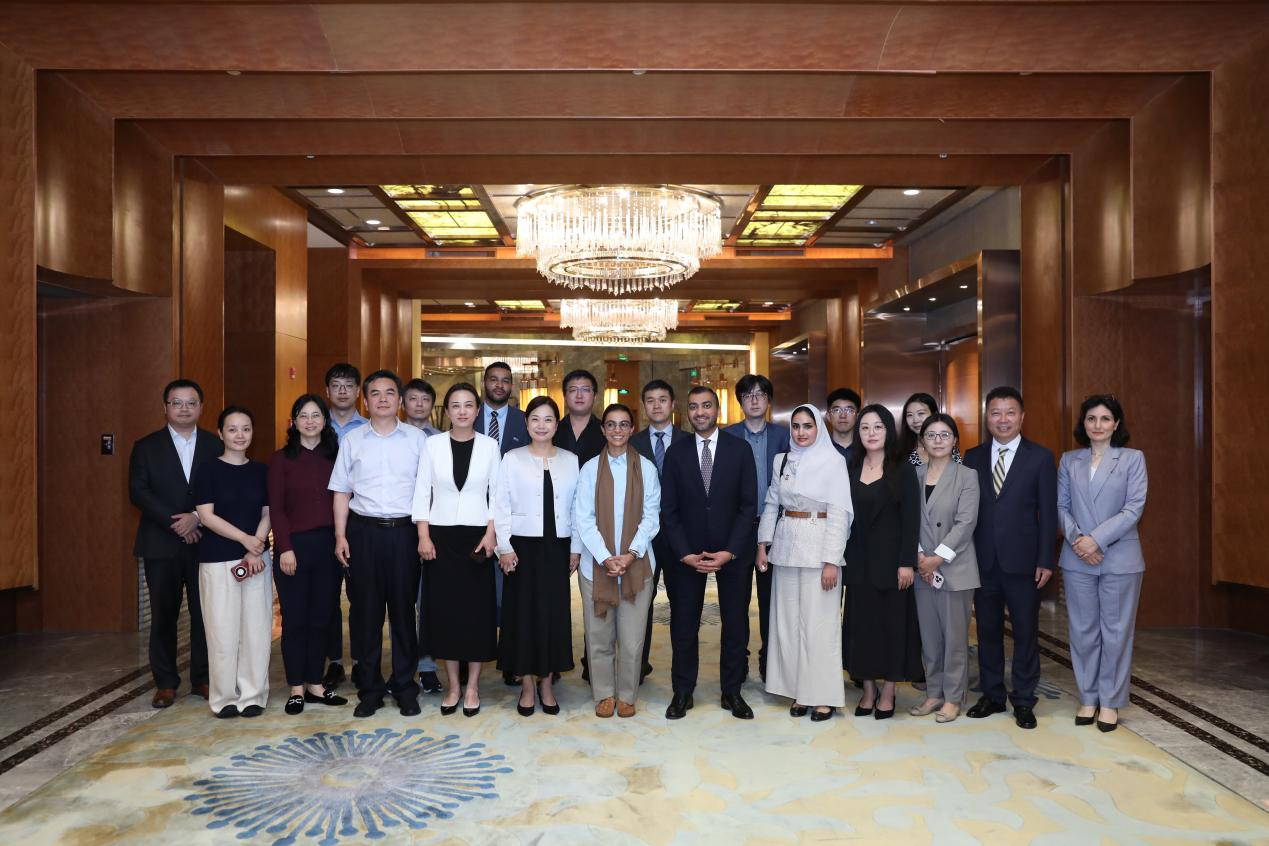
Group Photo
To further familiarize the UAE delegation with China’s pharmaceutical innovation landscape, PhIRDA arranged site visits on June 24 and 25 to leading Chinese pharmaceutical companies Fosun Pharma and Hengrui Pharma. The delegation toured company showrooms and laboratories, and held detailed exchanges on internationalization strategies, multi-regional clinical trials, localized market access, and partnership models in the Middle East. These visits deepened the UAE’s understanding of China’s innovation ecosystem and laid a solid foundation for future cooperation in regulation, investment, and joint development.
Delegates from the EDE, including Ms. Rita Alchalouhy and Ms. Hamda Al Blooshi, also participated in the meeting and company visits.
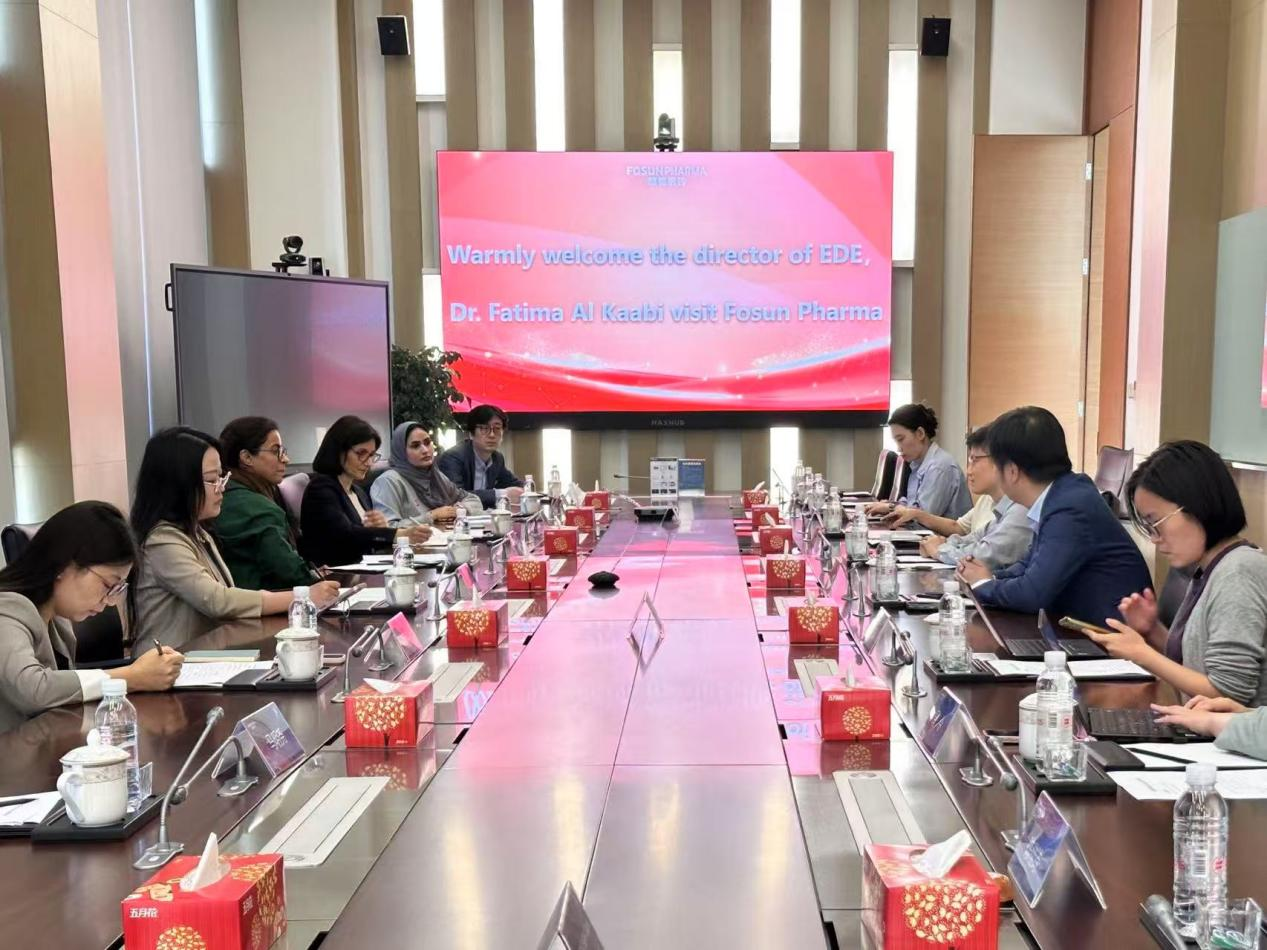
Meeting with Fosun Pharma
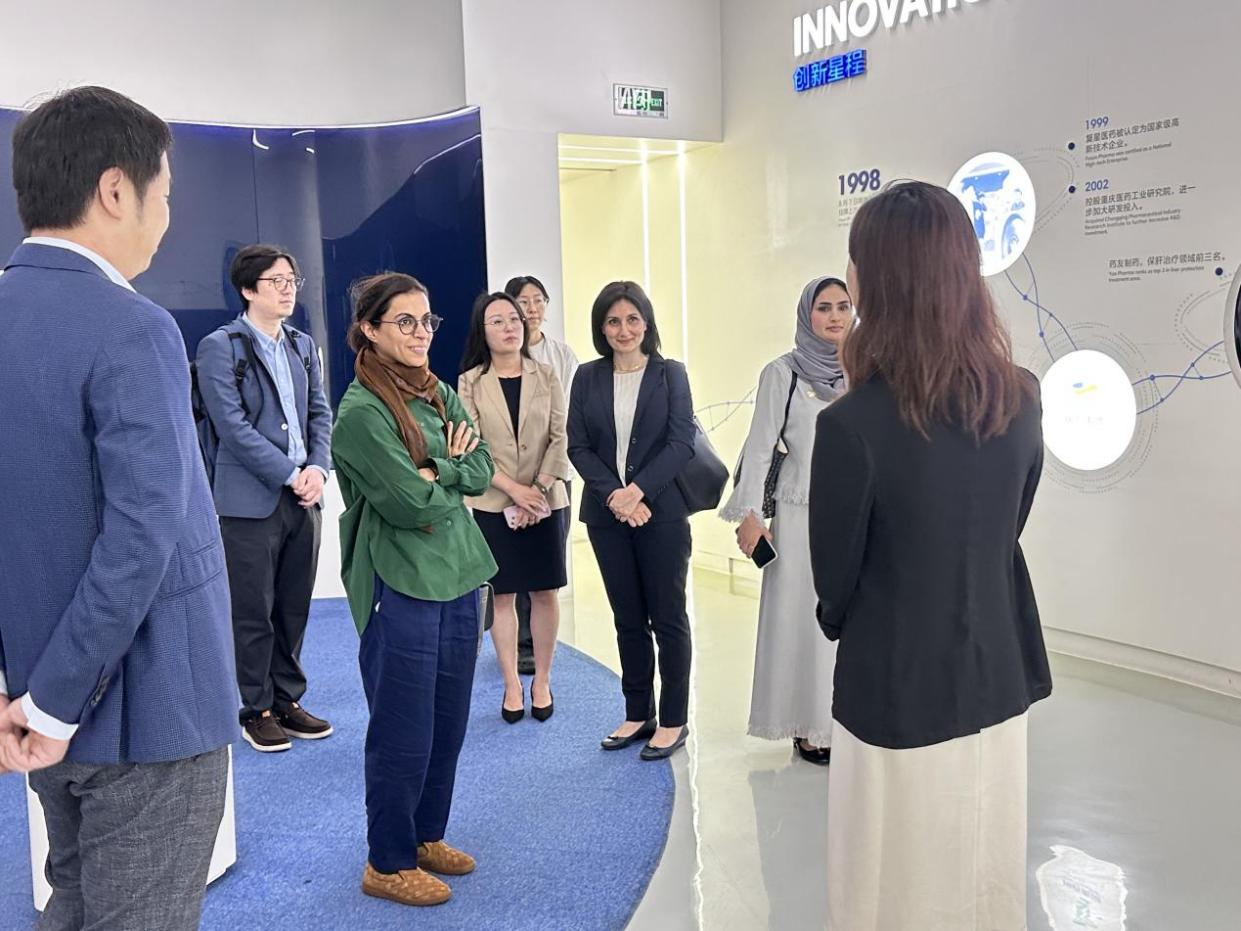
Visit to Fosun Pharma Exhibition Hall
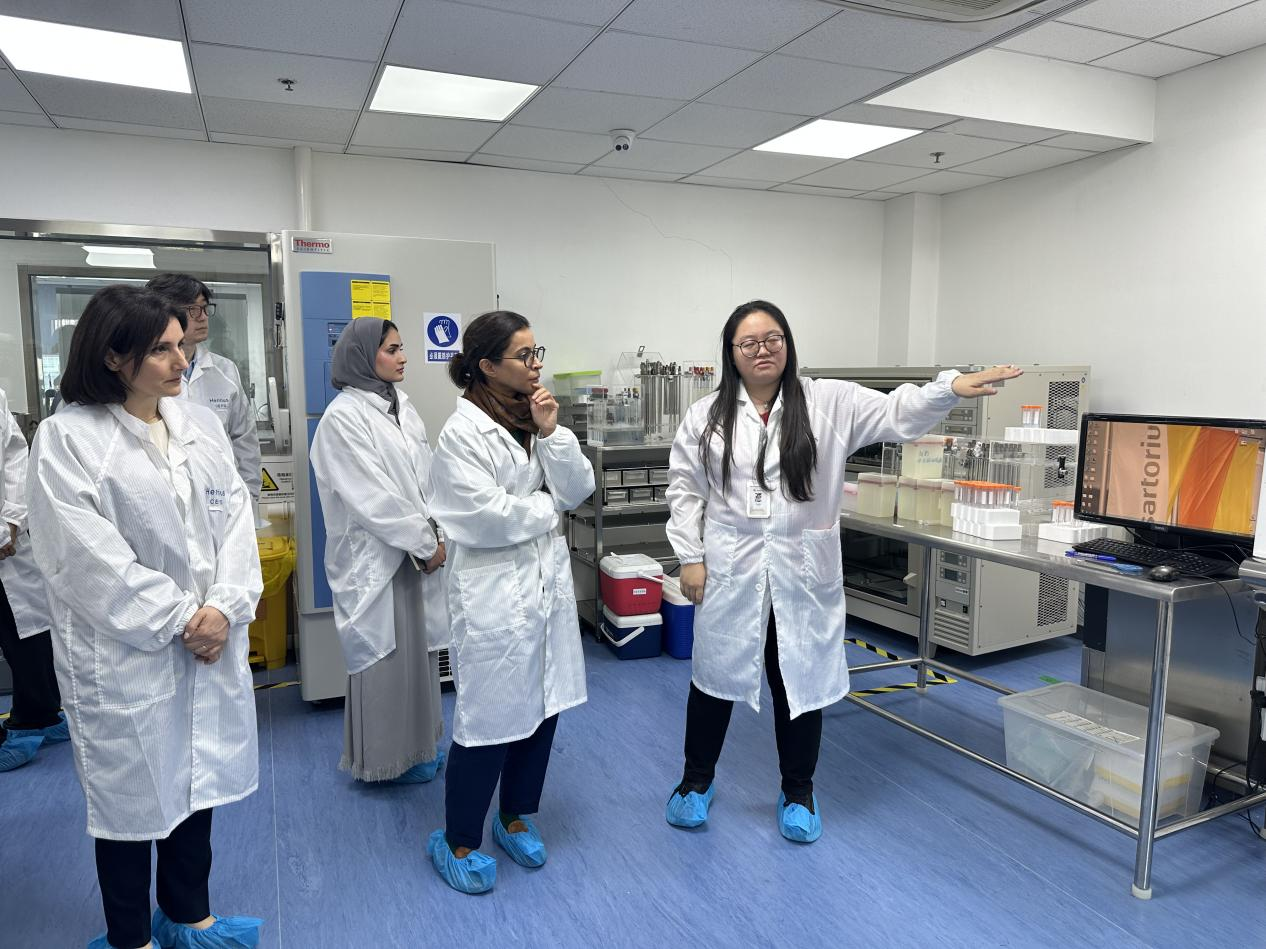
Visit to Henlius Lab
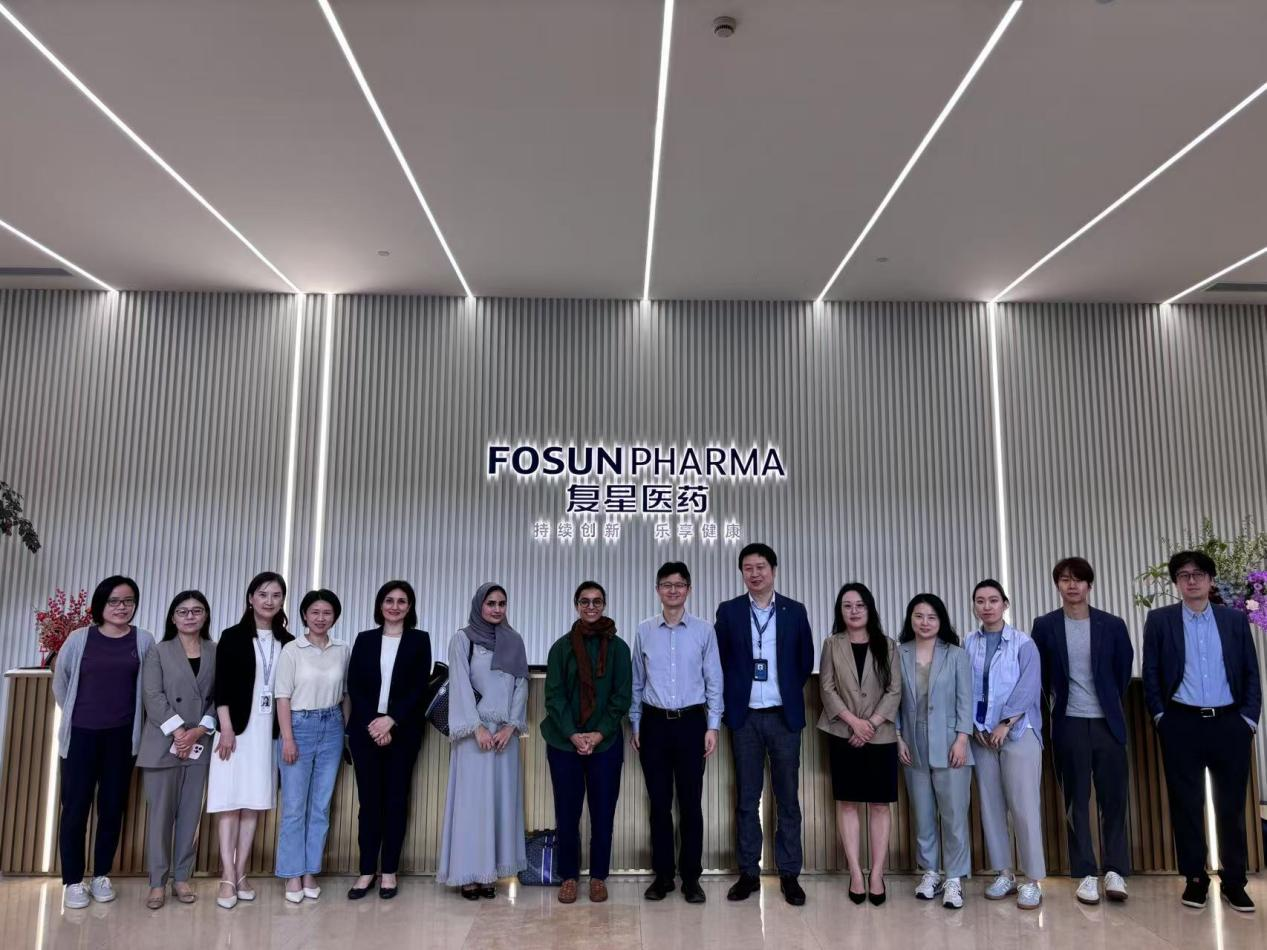
Group photo with Fosun Pharma
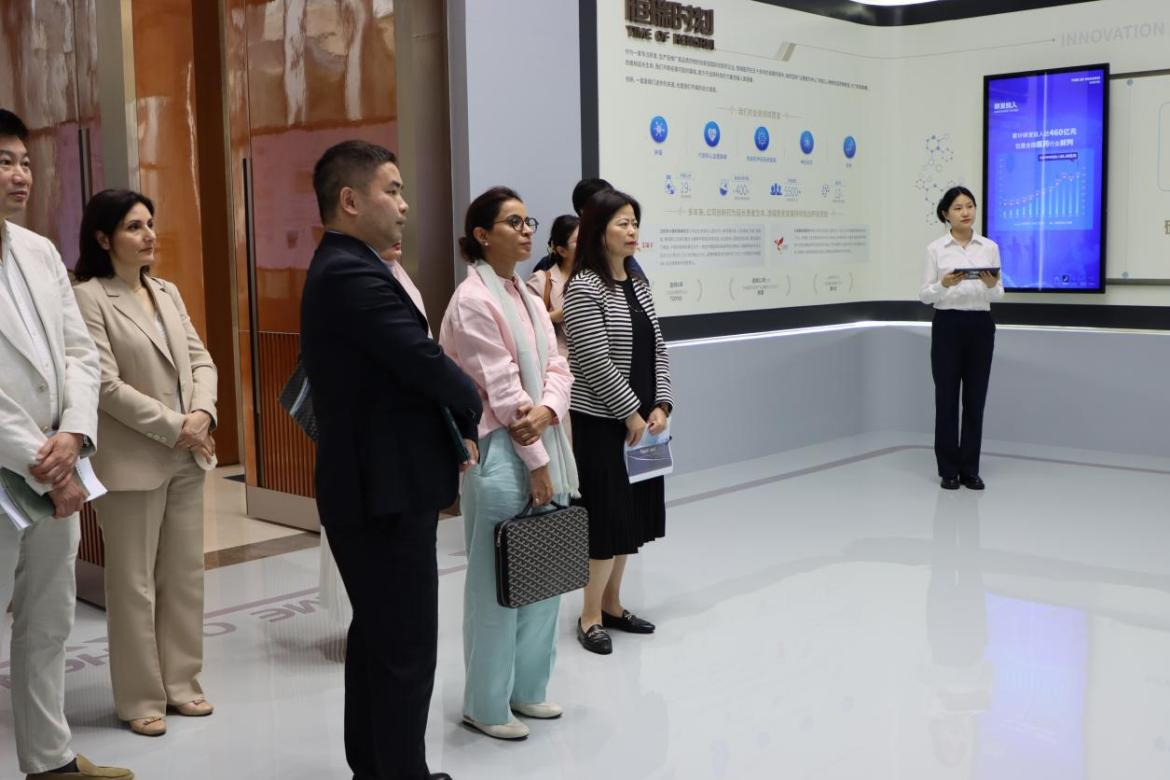
Visit to Hengrui Pharma Exhibition Center
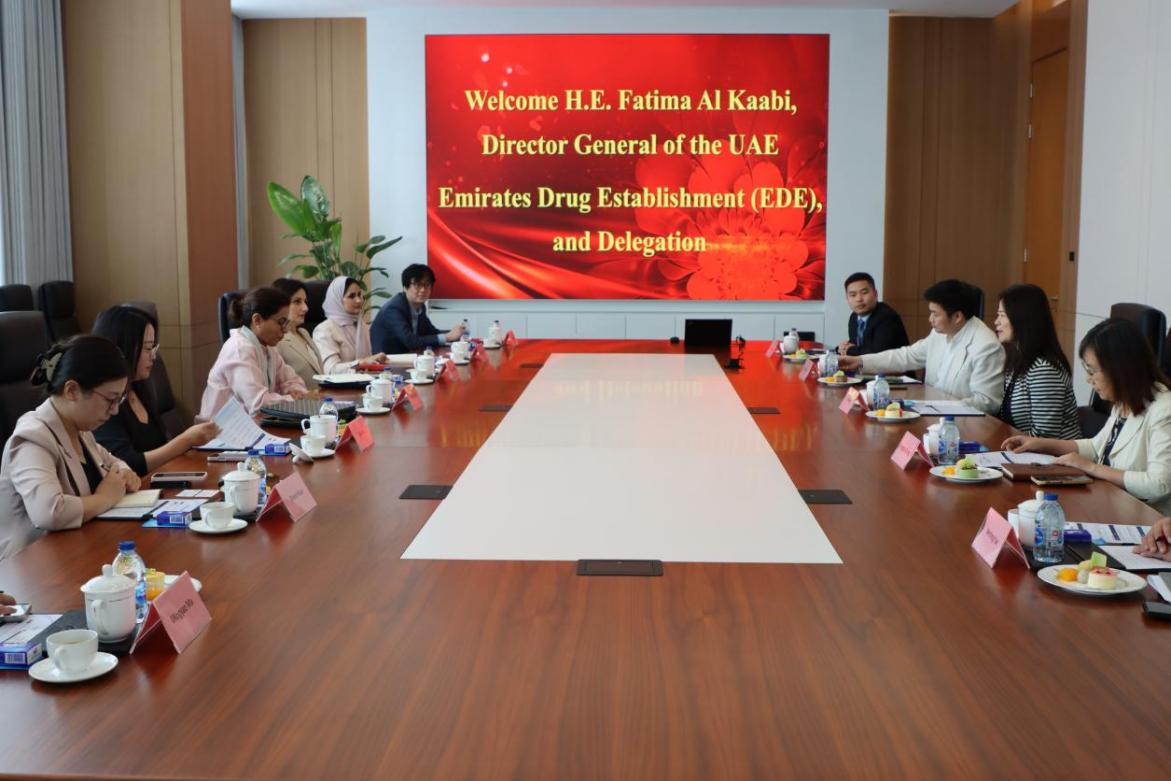
Meeting with Hengrui Pharma
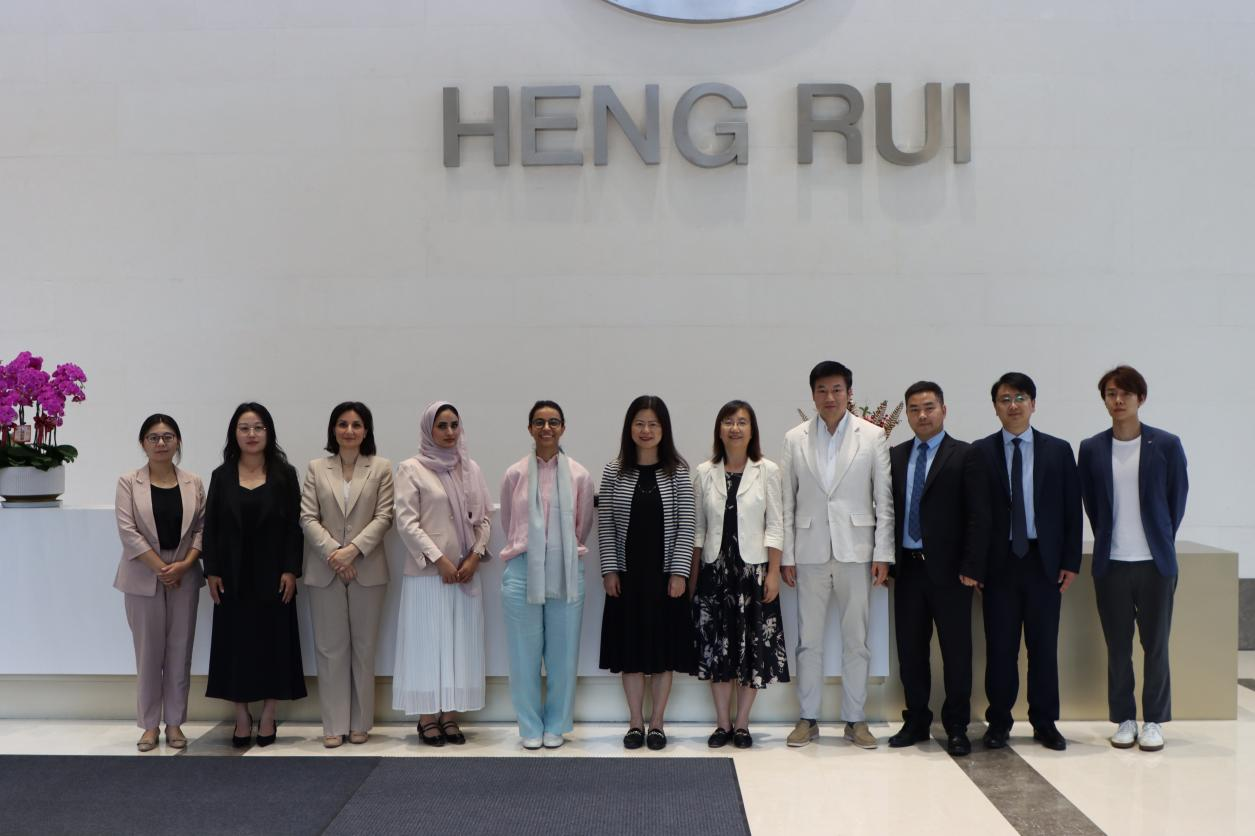
Group photo with Hengrui Pharma

 News & Events
News & Events
 2026-02-11
2026-02-11
 52
52

 News & Events
News & Events
 PHIRDA
PHIRDA  2026-01-19
2026-01-19
 99
99

 News & Events
News & Events
 PHIRDA
PHIRDA  2025-12-30
2025-12-30
 146
146